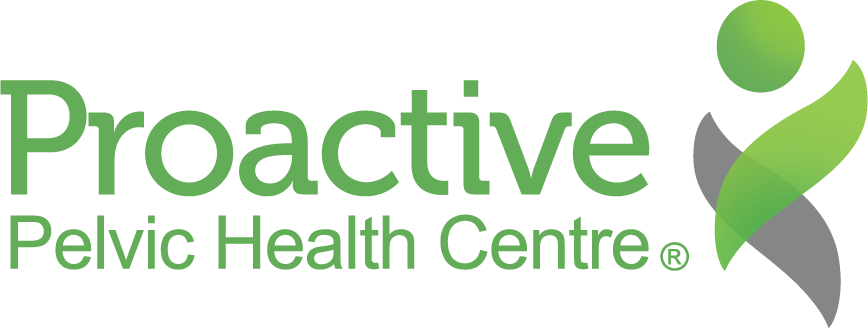Do you have Irritable Bowel Syndrome?
By Tiffaney Marlow, Reg. PT
What is IBS?
Irritable Bowel Syndrome or IBS has been discussed more and more in popular culture as chatter around gluten free, dairy free and paleo diets have become more main stream. It is a highly prevalent disorder which can significantly reduce someone’s quality of life when not diagnosed or treated. IBS is a chronic disorder associated with abdominal pain or discomfort. It may also include infrequent stools, straining during defecation and feelings of incomplete evacuation, these symptoms are also known as defecation dysfunction (2). IBS is categorized based on whether it is accompanied by constipation (IBS-C), diarrhea (IBS-D) or a mix of these two symptoms (IBS-M) (1). Your family physician may do a series of tests to rule out anything more sinister, but the Rome III criteria, is used to identify and categorize IBS.
ROME III CRITERIA (1)
Symptom onset at least 6 months prior to diagnosis
Recurrent abdominal pain or discomfort at least 3 days per month in the last 3 months associated with two or more of the following:
– Improvement with defecation
– Onset associated with a change in stool frequency
– Onset association with a change in stool form (appearance)
One or more of the following symptoms on at least a quarter of occasions for subgroup identification
– Abnormal stool form (lumpy/hard)
– Abnormal stool frequency (53/week)
– Abnormal stool passage (straining, incomplete evacuation)
– Bloating or feeling of abdominal distension
– Passage of mucous
– Frequent, loose stools
Treating IBS
Treatment for IBS is often a collaboration of medications, education and possibly changes in diet to avoid trigger foods (1). However, pelvic physiotherapy can be another pillar of care for those suffering with abdominal and pelvic discomfort with IBS.
Abdominal distension, bloating and cramping associated with IBS can lead to disorders in the myofascial system. With defecation dysfunction comes straining and prolonged periods of time sitting on the toilet. This may lead to unwanted tension and strain on the pelvic floor muscles and abdominal fascia. This can be associated with abdominal pain and pelvic pain. Treatment techniques such as releasing muscle tension of the pelvic floor, connective tissue mobilization and abdominal massage (3) may improve bowel motility and can improve ease of evacuating the bowels. Exercise and strength training has also been shown to increase peristalsis (wave like muscles contractions that move stool through the bowels) in the gut and generally improve whole bowel transit (4). The use of biofeedback devices can be used to re-educate the pelvic floor musculature and re-train muscles which may be weak or dysfunctional from prolonged periods of straining (5). Finally, education from a pelvic health physiotherapist on toileting techniques and developing correct bowel habits can help to ease evacuation of stool and develop a healthy bowel routine (5).
If you are suffering from unresolved symptoms of IBS, speak to one of our physiotherapists today to see whether pelvic physiotherapy may be right for you.
References:
1. B. Lacy, K. Weiser and R. De Lee. (2009) The Treatment of irritable bowel syndrome. Ther Adv Gastroenterol. 2 (4) 221-238
2. Brandt, L.J., Bkorkman, D. Fennerty, M.B., Brandt, L.J., Bjorkman, D., Fennerty, M.B, Locke, G. R. Olden, K., Peterson, W. et al. (2002) Systematic review on hte management of irritable bowel syndrome in North America. Am J Gastroenterol 97: S7-S26
3. Ernst E. (1999) Abdominal massage therapy for chronic constipation: A systematic review of controlled trials Forsch Koplementar med. 6:149-151
4. Muller-Lissner SA 1, Kamm MA, Scarpignato C, Wald A. (2005) Myths and misconceptions about chronic constipation. Am J. Gastroenterol. 100 (1):232-42.
5. D. Vickers. (2006). Biofeedback for constipation In S. Wexner and G. Duthie. Constipation Etiology, Evaluation and Management. (117-134) London:Springer-Verlag


